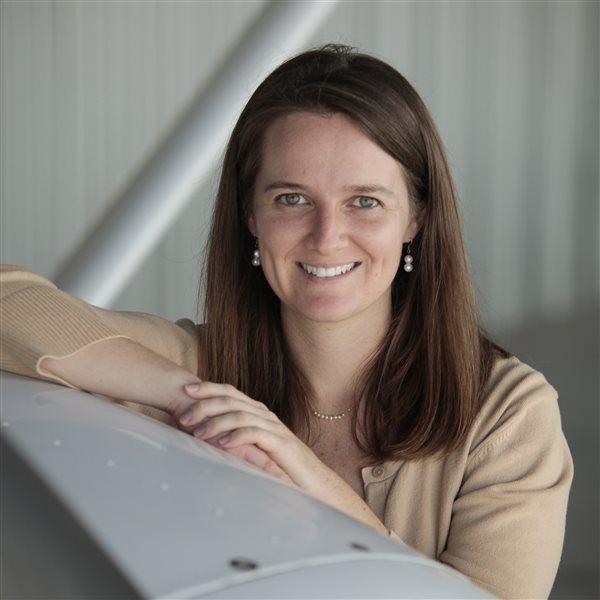Student pilots could have the option of simultaneously applying for the private pilot certificate and instrument rating. Pilots going for their commercial certificate would need 10 hours of advanced instrument training instead of 10 hours of training in a complex aircraft. And those who fly single pilot in turbojets would need an annual pilot-in-command proficiency check. These are just a few of the changes to flight training that the FAA is proposing.
“The FAA has proposed numerous changes, some of which could dramatically change the flight training environment,” said Rob Hackman, AOPA senior director of regulatory affairs. “Before providing comments to the FAA, AOPA will evaluate each proposal to determine the time and cost that the changes would impose on pilots, as well as the safety benefits that could be realized.”
Another change would be revising the definition of a “complex airplane” to make aircraft equipped with a full authority digital engine control (FADEC) system count the same as one with a controllable-pitch propeller.
The proposal would allow student pilots to receive their private pilot certificate with an instrument rating by opening up the option currently being used by waiver at Embry-Riddle Aeronautical University and Middle Tennessee State University.
AOPA encourages pilots, flight instructors, and flight schools to review the proposed changes and send comments to the FAA by Nov. 30. Comments can be submitted online or mailed to Docket Operations, M-30; U.S. Department of Transportation, 1200 New Jersey Avenue, SE., Room W12- 140, West Building Ground Floor, Washington, DC 20590-0001.
Be sure to identify Docket No. FAA-2008-0938 in your comments.



